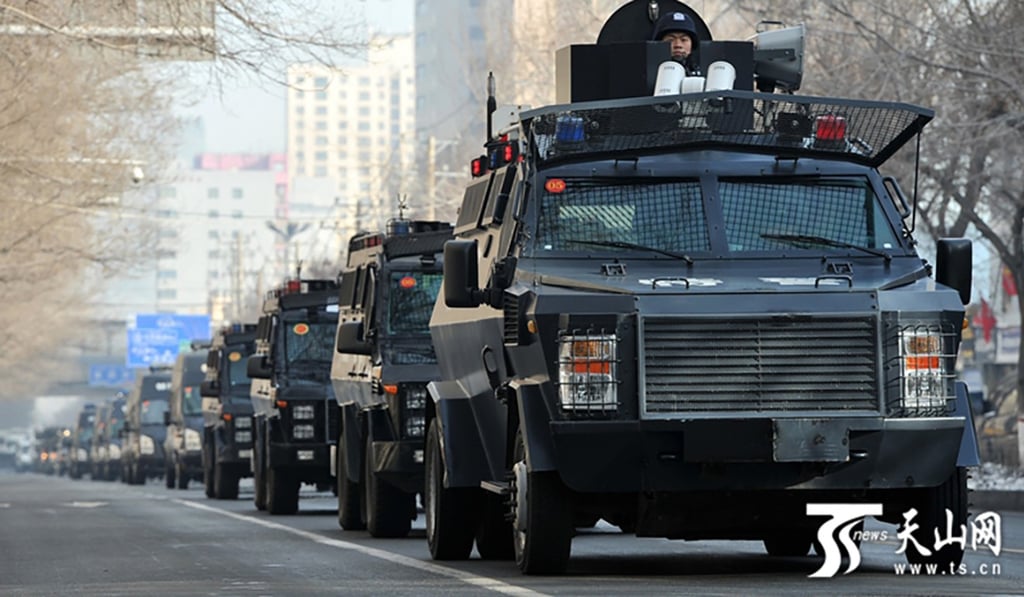China ‘holding itself back’ by shying away from global terrorism fight
Beijing is exposing itself to attacks at home by failing to join the international effort to stem violence by religious extremists, experts say

The recent killing of two Chinese nationals in Pakistan and the rise of the Islamist jihadist movement in Asia has highlighted an increasingly urgent need for Beijing to join international efforts against terrorism, security analysts say.
Beijing already faces threats at home, mostly in Xinjiang, where authorities blame attacks on religious extremism, but the risk to China has grown as it expands its footprint with massive trade plans along conflict-torn regions.
Chinese Deputy Foreign Minister Zhang Yesui told an international relations forum in Beijing on Saturday that the threat of terrorism had become more serious, with more than 700 attacks around the world in the first quarter of this year and some 20,000 people killed last year. Zhang said China was concerned over the activities of the East Turkestan Islamic Movement, which it blames for attacks in Xinjiang.

“Externally, the major new layer of threat is the connection of TIP [Turkestan Islamic Party] with al-Qaeda and the crisis in Syria,” Michael Clarke, an associate professor at Australian National University, said.
Beijing and some Western analysts believes the Turkestan Islamic Party to be connected to ETIM, with both seeking the establishment of a fundamentalist Islamic state based in Xinjiang.